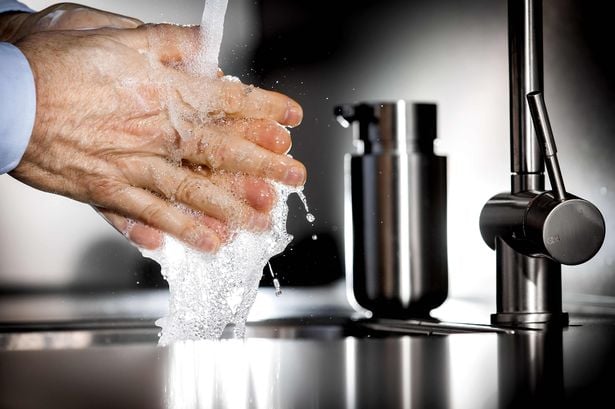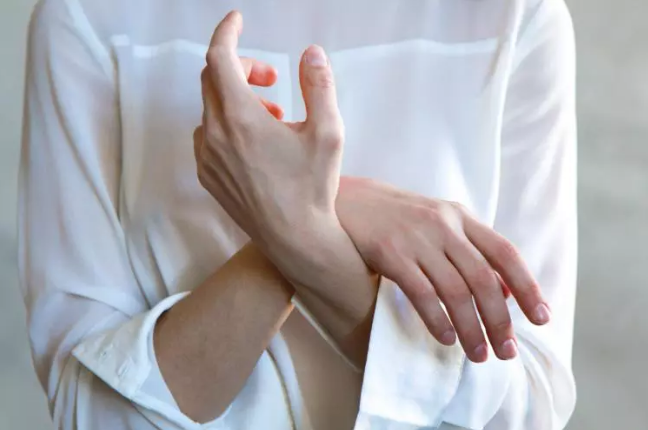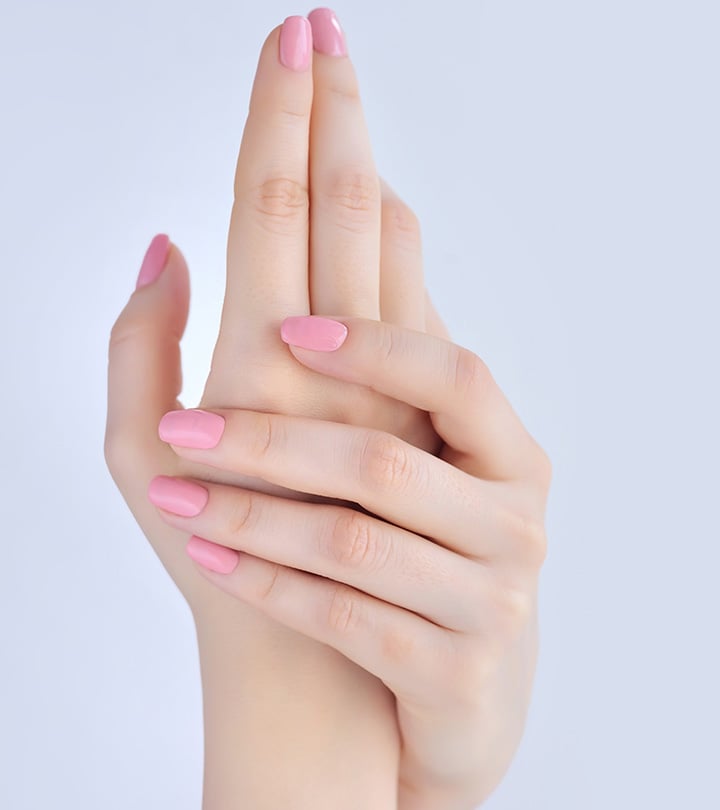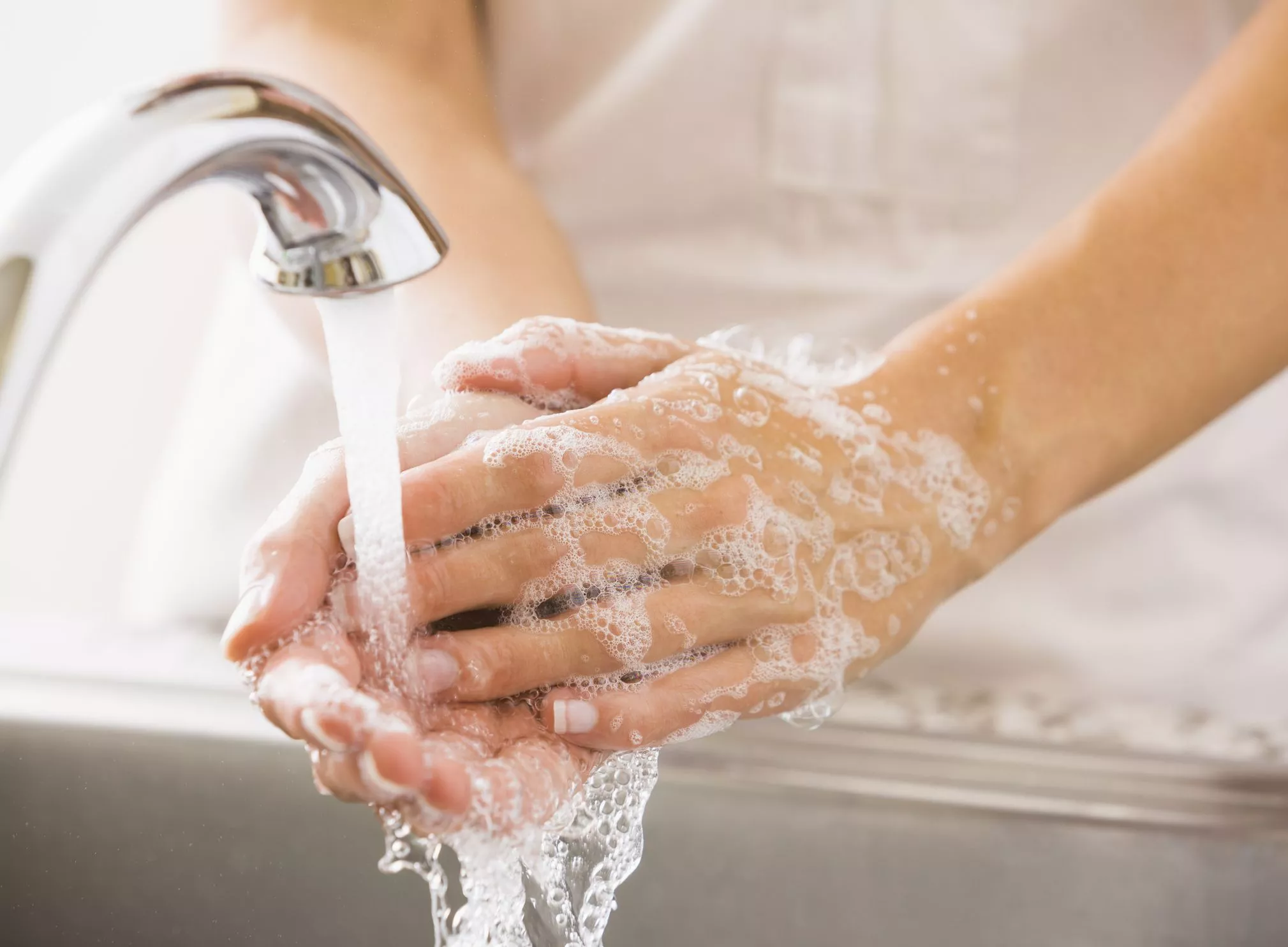#Coronavirus: How to look after your hands after washing and sanitising
Local dermatologists warn us frequent hand washing and sanitising can lead to aggravated skin
KARACHI: As coronavirus spreads, more and more health experts are emphasising on the importance of washing one's hands regularly. In fact, some doctors have gone as far as to say that and is probably one of the most effective ways to prevent the spread of the infection.People should scrub their hands regularly for at least 20 seconds to curb germs effectively, according to the Center for Disease Control and Prevention (CDC). Hand sanitisers that contain at least 60% alcohol can also be used to rid your hands of germs, although they are not as effective as soap and water.
But dermatologists keep stressing that while frequent hand washing and sanitising is indeed a reliable way to ward illness, it can also lead to aggravated skin.
Why frequent washing/sanitising causes dryness
 PHOTO: FILE
PHOTO: FILESoap and water rinses away germs and dirt, but it also strips the natural protective layer in your skin. This causes your hands to dry out.
Dr Maleeha Jawaid, Clinical and Aesthetics Dermatoligist, says soap and santitisers dry out the skin because they remove the oil layer from the skin. "Soap and sanitiser deplete the natural oils from your hands by a chemical called surfactant, which is also what creates the foam from the liquid," she told The Express Tribune. "It can lead to the removal of good bacteria from the skin, as well as infections and increased entry of bacteria."
Alcohol-based sanitisers, which kill microbes without removing debris irritate skin less than soap. Dermatologists suggest only using sanitisers when it makes the most sense, like after touching a door handle or another surface that might carry germs, instead of repeatedly washing your hands.
Make sure to moisturise your hands after washing to stop them from drying out, especially since soap and water is the best way to get rid of germs.
How to keep your hands both clean and moisturised
 PHOTO: FILE
PHOTO: FILEOnce you have washed up, dermatologists recommend gently patting yourself dry instead of rubbing your hands which can further irritate the skin. But try and leave dampness to lock in moisture. When your hands are dry, immediately use a hand cream.
Dr Jawaid confirms that moisturiser is essential after using soap and sanitiser. "The moisturiser is needed to form a layer on your skin to prevent water loss and create a barrier from the external environment," she explains.
Ideal hand creams should not include irritants such as fragrances, allergens, retinol and other anti-age serums. Opt for gentle and fragrance free brands for best results.
How Maya Ali lost sleep over coronavirus fears
According to dermatoligists, hand creams are better than body moisturisers for your hands. This is because they are more nourishing, whereas lotions are primarily water-based and can further dry out the skin because water evaporates. Creams, which are oil-based, are a far more effective way to give your hands the nourishment they need.
Using a hand cream after washing your hands is a safe and clean way to prevent dry skin, so carry around personal tubes of moisturiser to avoid spreading germs by sharing with others.
What products can help with cracked hands?
 PHOTO: FILE
PHOTO: FILEOther than creams, humidifiers can help keep the air around you, and in turn, your skin, moist.
Cover up any cracks that form on the skin with bandaids or a liquid adhesive. People with chronic conditions that cause dry skin must take steps to avoid cracked skin, Dr Jawaid added.
Using products such as gloves and vaseline is necessary to help with extreme dryness and prevent the skin from cracking further. "Gloves are great but make sure it's not a synthetic material since this can cause allergic reactions in a lot of people," the dermatologist says.
Meanwhile, while vaseline is important, Dr Jawaid has an important message about the type of brand that should be used. "Vaseline is great, but ideally opt for the non-scented versions!"
If you can bear it, try wearing gloves with vaseline inside for a few hours before bed, or even overnight, which will utilise all that downtime to hydrate the skin and get it back into gear.
Have something to add to the story? Share it in the comments below.


COMMENTS
Comments are moderated and generally will be posted if they are on-topic and not abusive.
For more information, please see our Comments FAQ